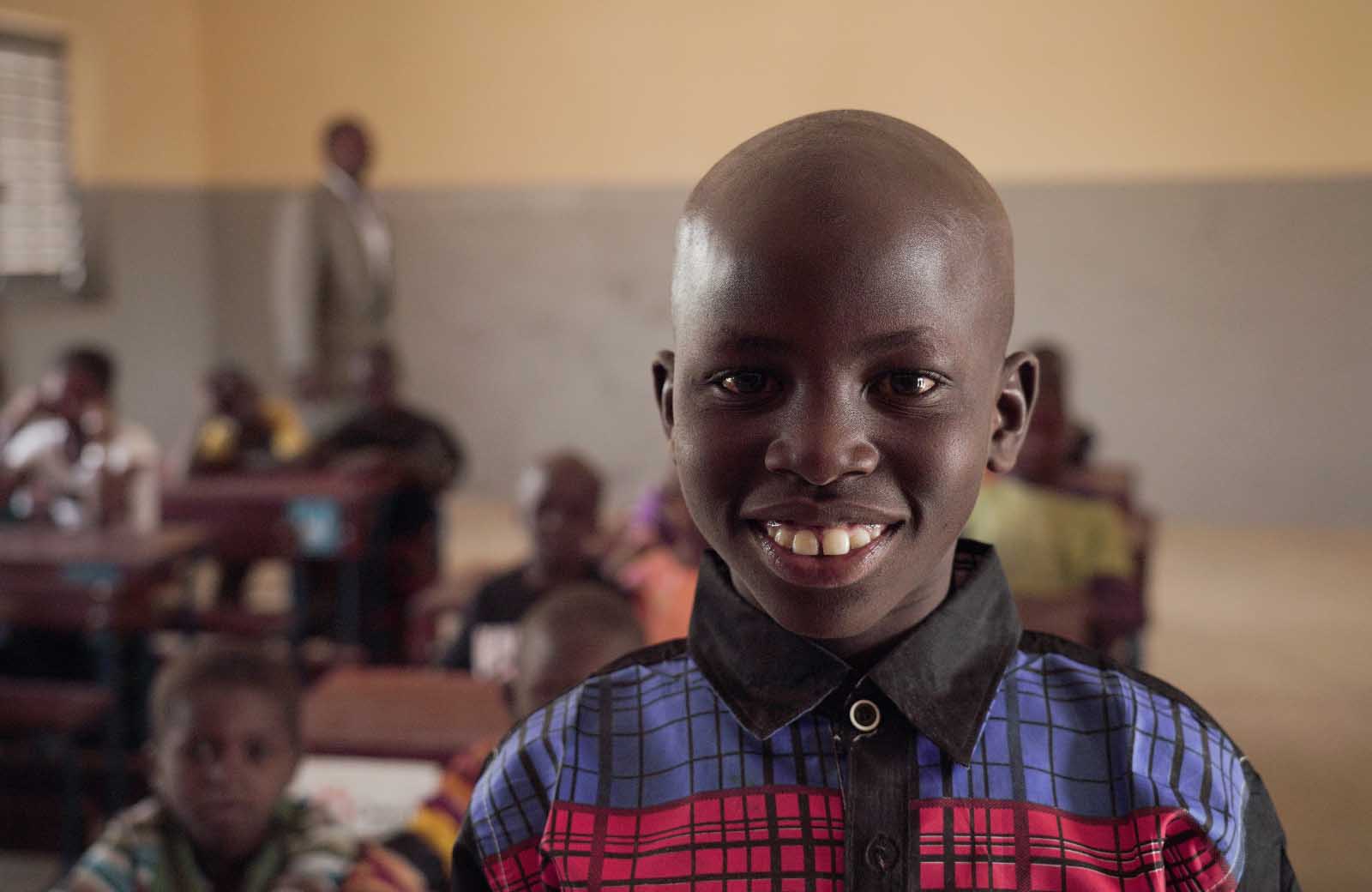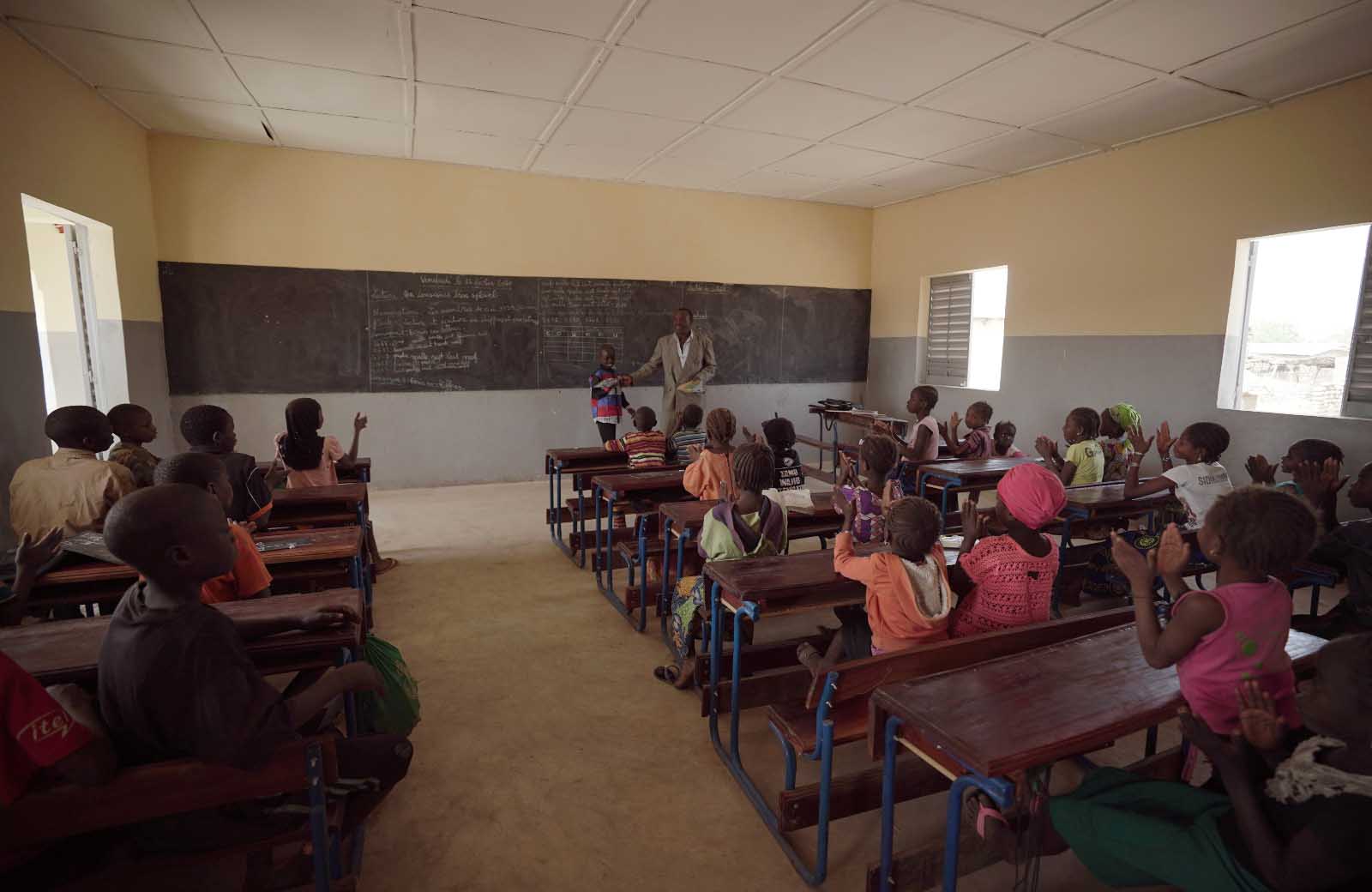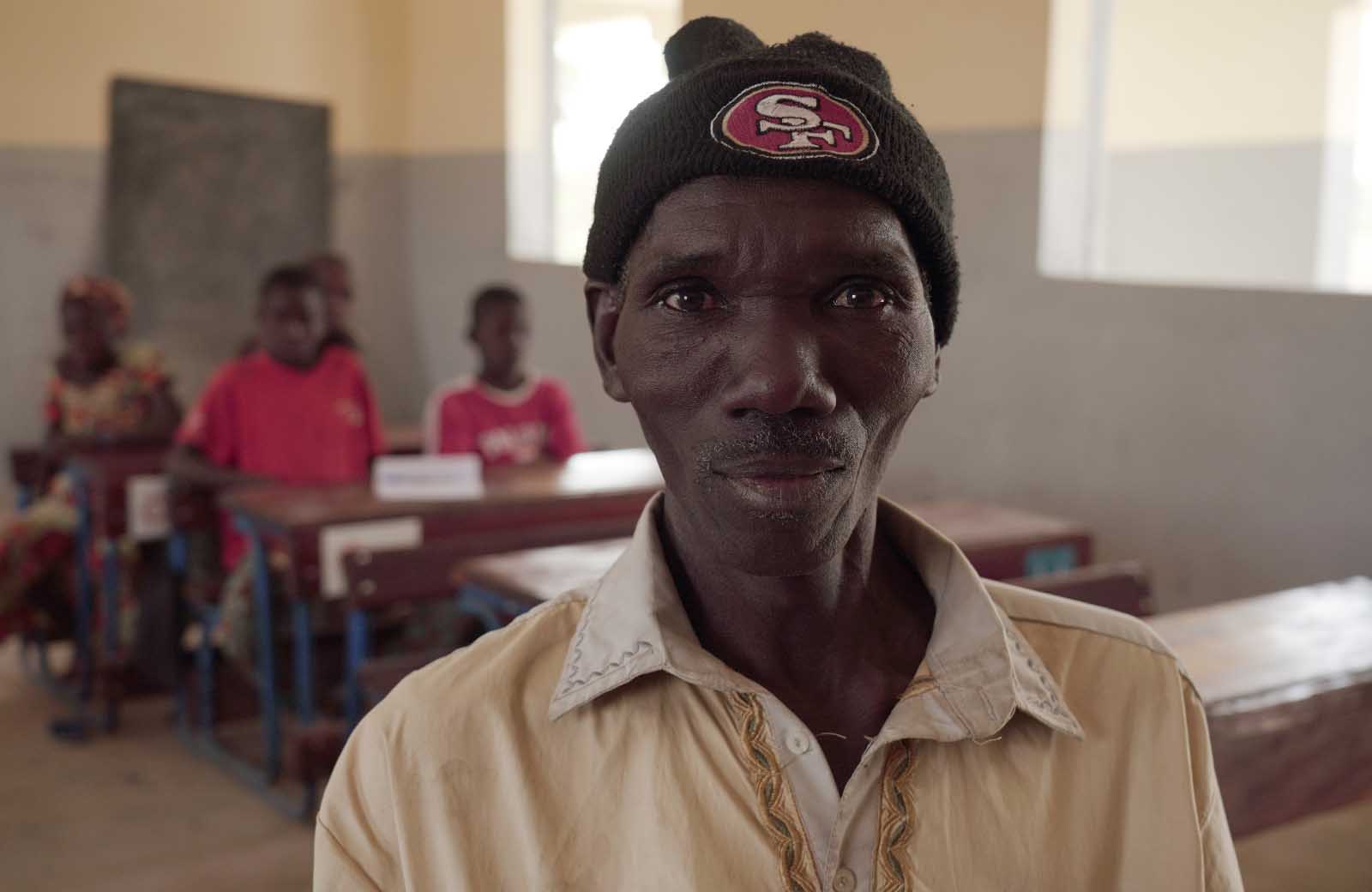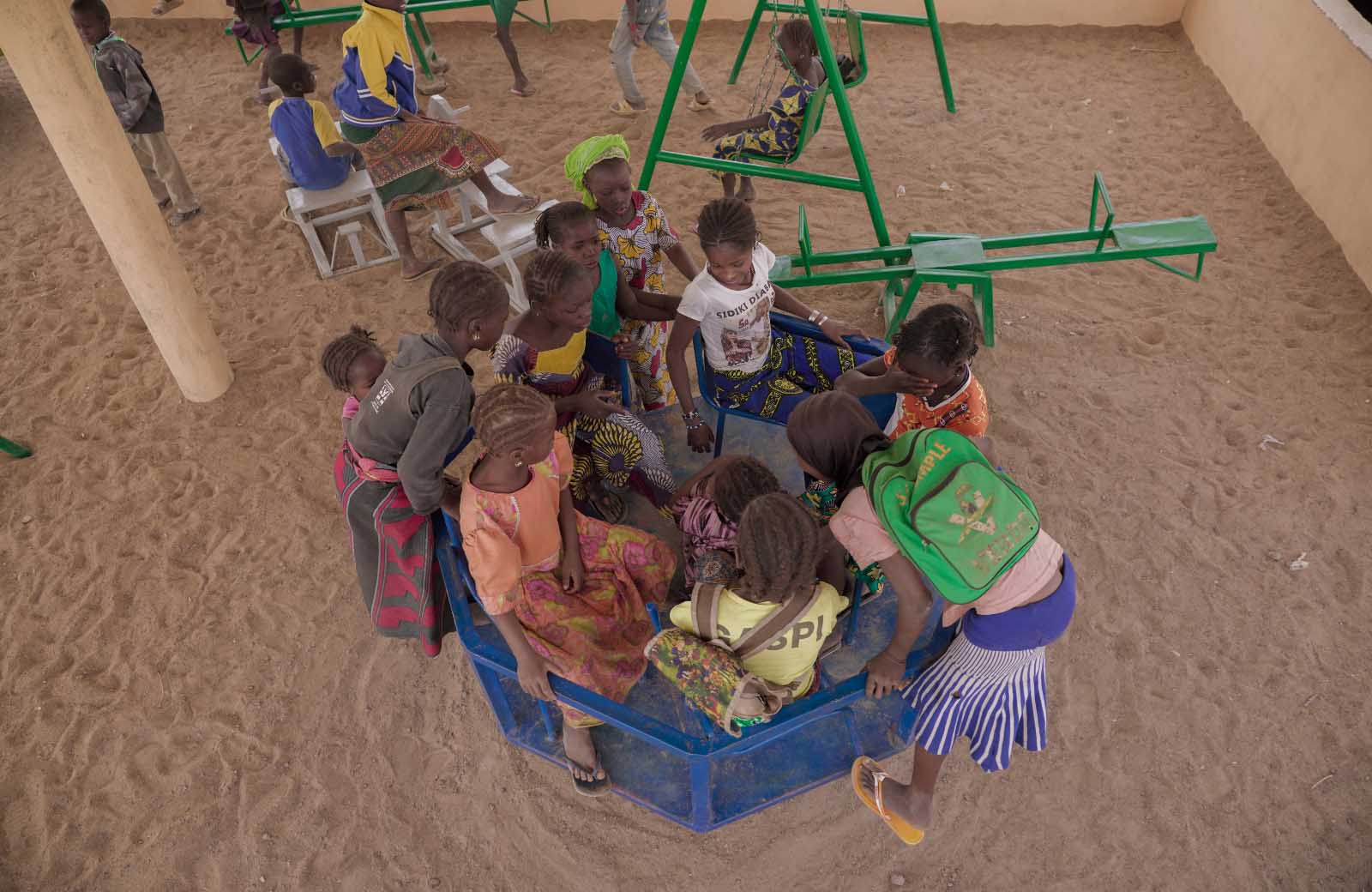In some places, getting a quality education is a daily challenge.
With a lack of adequate infrastructure, going to school can even mean dodging snakes and sunstroke, rather than simply picking up a pen and paper.
In Mali, one of the world’s poorest countries, this is sadly an ongoing reality for many of its children.
Here, communities are struggling with a massive but often overlooked humanitarian crisis. Millions of lives are being shattered by persistent conflict and insecurity, as well as the climate emergency.
Although there have only been 389 cases of coronavirus so far (and 23 deaths), the country is likely to face increasing challenges as the pandemic becomes more severe in Mali.
With a lack of resources and the added pressures of climate change and the pandemic, maintaining something as simple and necessary as a safe school is easier said than done.



